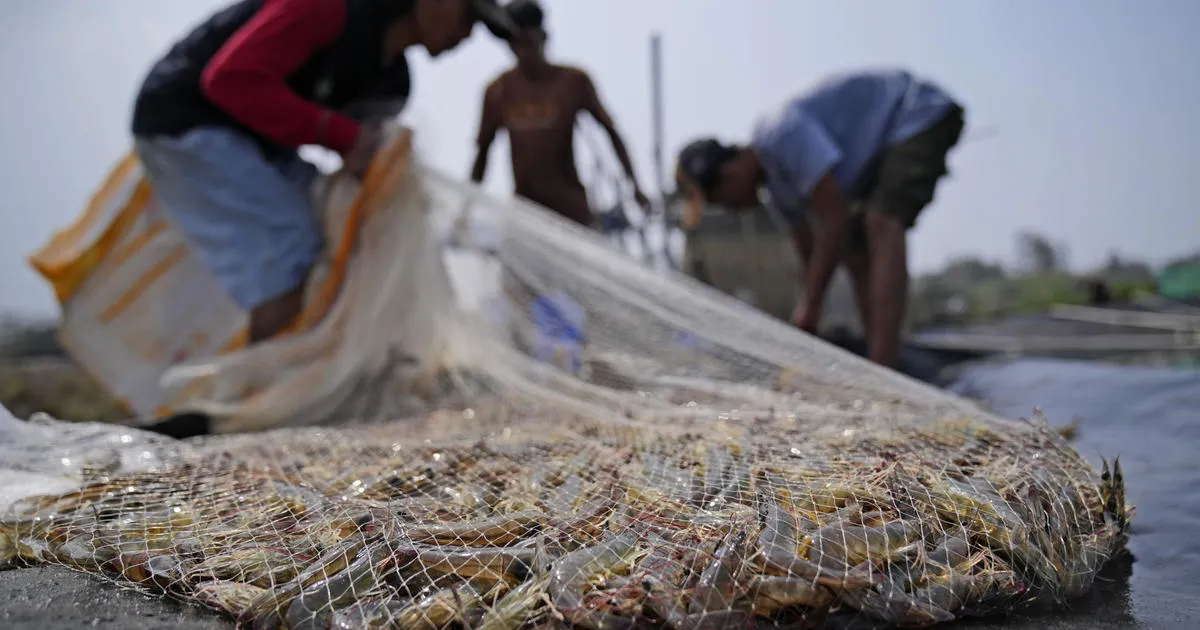Minimum Wage Crisis in Agriculture: Impact on the Economy and Labor in Vietnam and Indonesia

Minimum Wage Challenges in Agriculture
The shrimp farming industry in Vietnam and Indonesia is experiencing significant challenges due to minimum wage discrepancies and economic pressures. Research reveals that supermarkets in the United States leverage their purchasing power to secure lower wholesale prices, leading to grave consequences for local economies and communities.
Impact of Inflation on Shrimp Farmers
This push for lower prices has resulted in a stark decline in farmers' earnings, with reports indicating a 20%-60% drop compared to pre-pandemic levels. As shrimp producers struggle to maintain profitability, many resort to cutting labor costs, inadvertently fostering an environment rife with wage insecurity and exploitation.
- In Vietnam, many workers find it nearly impossible to earn even the legally mandated minimum wage due to the pressure exerted by large supermarkets.
- Similar trends are visible in Indonesia, where inflation compounds the already critical pain points for agricultural workers in the shrimp supply chain.
Exploitation and Ethical Concerns
Women, who constitute about 80% of shrimp processing labor, often work grueling hours in harsh conditions, highlighting the urgent need for ethical practices across supply chains.
To effectively address these issues, it is vital for stakeholders to advocate for fair labor practices and support investments aimed at uplifting marginalized communities affected by the global economy.
This article was prepared using information from open sources in accordance with the principles of Ethical Policy. The editorial team is not responsible for absolute accuracy, as it relies on data from the sources referenced.